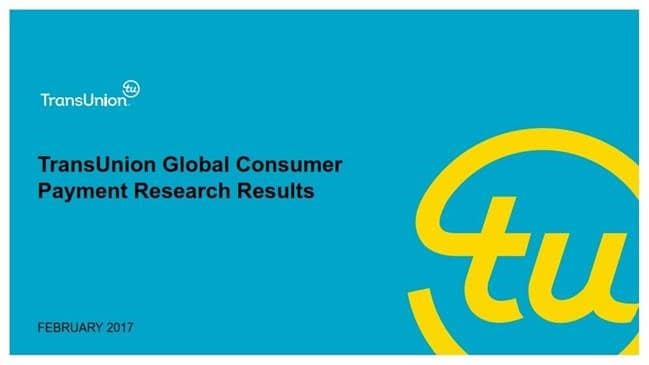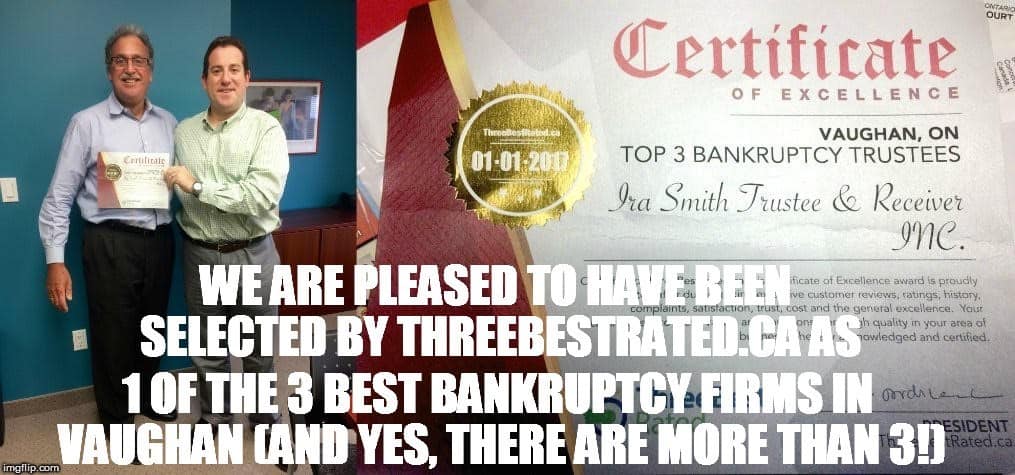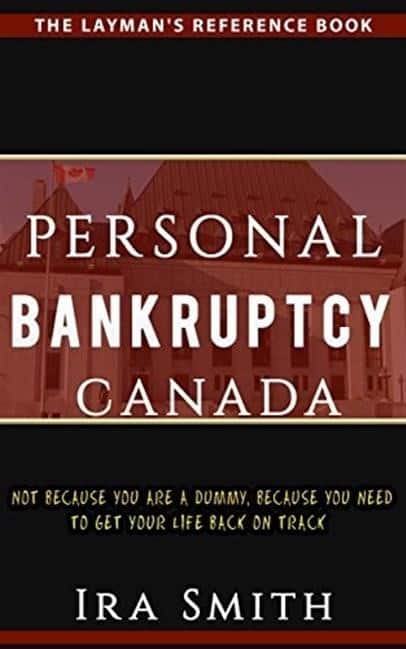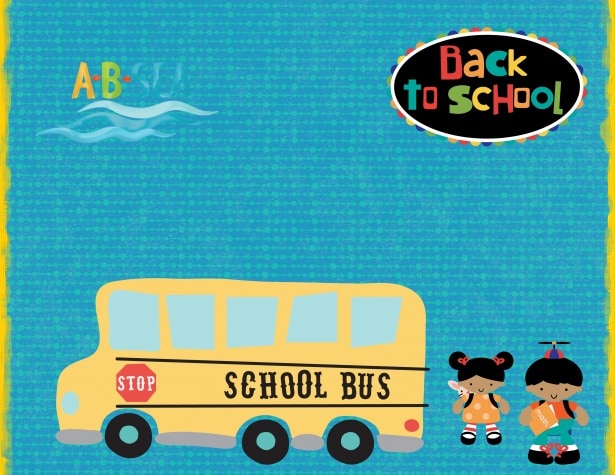[monkeytools msnip=”http://monkeyplayr.com/playr.php?u=5173&p=20103″]
Financial disaster preparedness: Introduction
The people drowning in debt are always scared of the thought of speaking to a licensed insolvency trustee (formerly known as a bankruptcy trustee (Trustee). The purpose of this Brandon’s Blog is to allow me, a Trustee, to give you some basic points on financial disaster preparedness in a non-scary way. Hopefully, it can help you avoid a financial disaster.
On the 27th day of the United States Federal government closure, many federal employees that are already under money stress and anxiety are not surprisingly asking whether an insolvency proceeding is the only alternative.
These people did not ask for this. Although they will eventually receive all their back pay, that doesn’t help their cash flow today.
Some personal bankruptcies are started by events beyond somebody’s control. The US government shutdown is such an example. Alternatively, unlike the shutdown, a number are completely within an individual’s control.
Here are four ideas on just how to maintain your finances from falling off the edge right into insolvency.
Financial disaster preparedness: #1 – Keep an eye on your credit cards
Try to pay your monthly credit card bill, and all your expenses, on or before their due date. If timely payments cannot happen, pay it back asap or arrange a repayment strategy to decrease late charges as well as interest charges.
Never ever carry over a credit card balance. Attempt to pay your balances, including all your expenses, promptly.
Similarly, be conscientious what your credit history is. Almost every person will certainly have a time in their lives when they’ll need to borrow cash for some major expenditure.
Your credit score will affect the borrowing rates you are offered. Knowing one’s credit history can aid people to make a better decision on when to jump, or hold back, on a choice to borrow.
Financial disaster preparedness: #2 – Know your monthly expenses (and savings too)
When I do credit counselling and speak to people about loan basics, I discuss spending behaviours and always talk about the difference between wants and needs. I always encourage people striving for economic self-reliance to begin with a straightforward exercise: document every single expense in a month.
By mapping out all the spending, people can rank where their cash should, as well as shouldn’t, be going. For example keep an eye out for the daily latte, which is a habit because, it builds up, A more expensive specialty coffee is a want, not a need. A less expensive plain coffee could suffice.
There is one routine I always urge. Make a routine that you will set aside a particular percentage of your income for an emergency fund. The same goes for socking away, at the very least a little, to an RRSP. Work these savings into your budget.
In my experience, all consumer insolvencies commonly entail inadequate financial savings to cover the unanticipated. This is a common problem among Canadians that I have previously written about in my blogs.
Credit cards are also a significant cause of personal insolvencies. Many of our personal insolvency clients use credit cards to supplement their income. Rather than budgeting, they use their credit cards for various expenditures that they really cannot afford and are unable to pay down their credit card balances.
Financial disaster preparedness: #3 – Boost your financial literacy
There are various ways to begin early in life to prevent financial disaster problems. If these guidelines sound familiar, that’s because they are. However, yet few individuals appreciate them. That’s partly because they’re not taught it in the schools.
Canadians have a financial literacy problem. Many people think that some people are born rich and others aren’t. The reality is that those who are well off just have a more realistic understanding about spending and saving within one’s earnings.
Financial literacy, like civics education, needs to be a requirement in all elementary school, high school and university educational programs.
Financial disaster preparedness: #4 – Preserve your financial self-reliance
Those who lived through the great depression understand how fragile funds can be. Clipping coupons and looking for the most affordable prices is just part of their normal behaviour.
Insolvency filings have been at their lowest point since 2007, and there are varying explanations for the decline.
During the last decade, Canadians have amassed debt. Now that interest rates are rising, it is expected that personal insolvency filings will rise. Personal insolvencies will be more a part of our world as a result of unexpected disasters and negative decisions.
Corporate bankruptcies will always be a part of the system as markets change and businesses experience threats they cannot survive.
We must all be financially vigilant. I hope these tips will help you in avoiding any form of financial distress.
Financial disaster preparedness: What about you?
Do you have excessive debt? Are you in need of financial disaster preparedness? Does your business have way too much financial debt and is in danger of shutting down? Are you concerned that the future rate of interest hikes will make currently workable financial obligations totally uncontrollable? Is the pain, stress and anxiety currently adversely influencing your health and wellness?
If so, contact the Ira Smith Team today. We have years and generations of helping people and businesses seeking financial restructuring. As a licensed insolvency trustee, we are the only specialists certified and overseen by the Federal government to offer financial restructuring solutions.
We provide a free consultation to assist you to solve your problems. We know the discomfort financial obligations causes. We can end it as soon as possible from your life. This will permit you to start a fresh start, Starting Over Starting Now.
Call the Ira Smith Team today so that we can start helping you get back into a healthy and balanced, stress-free life.

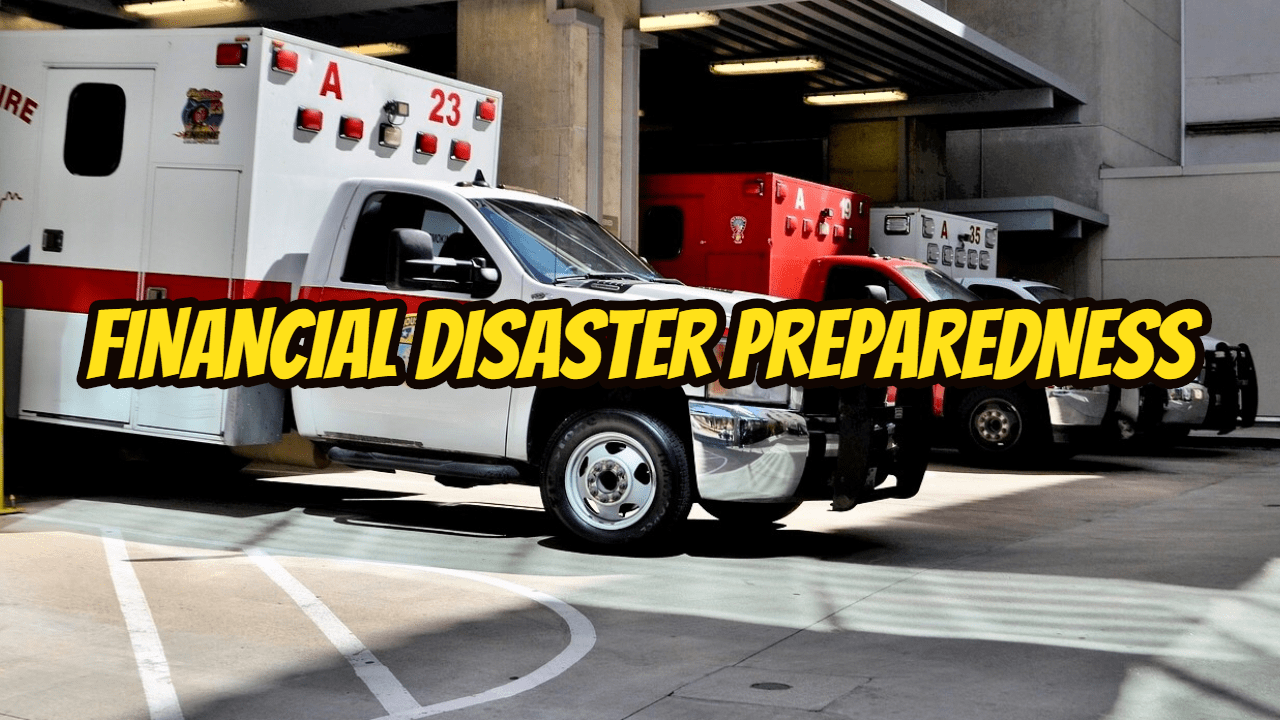






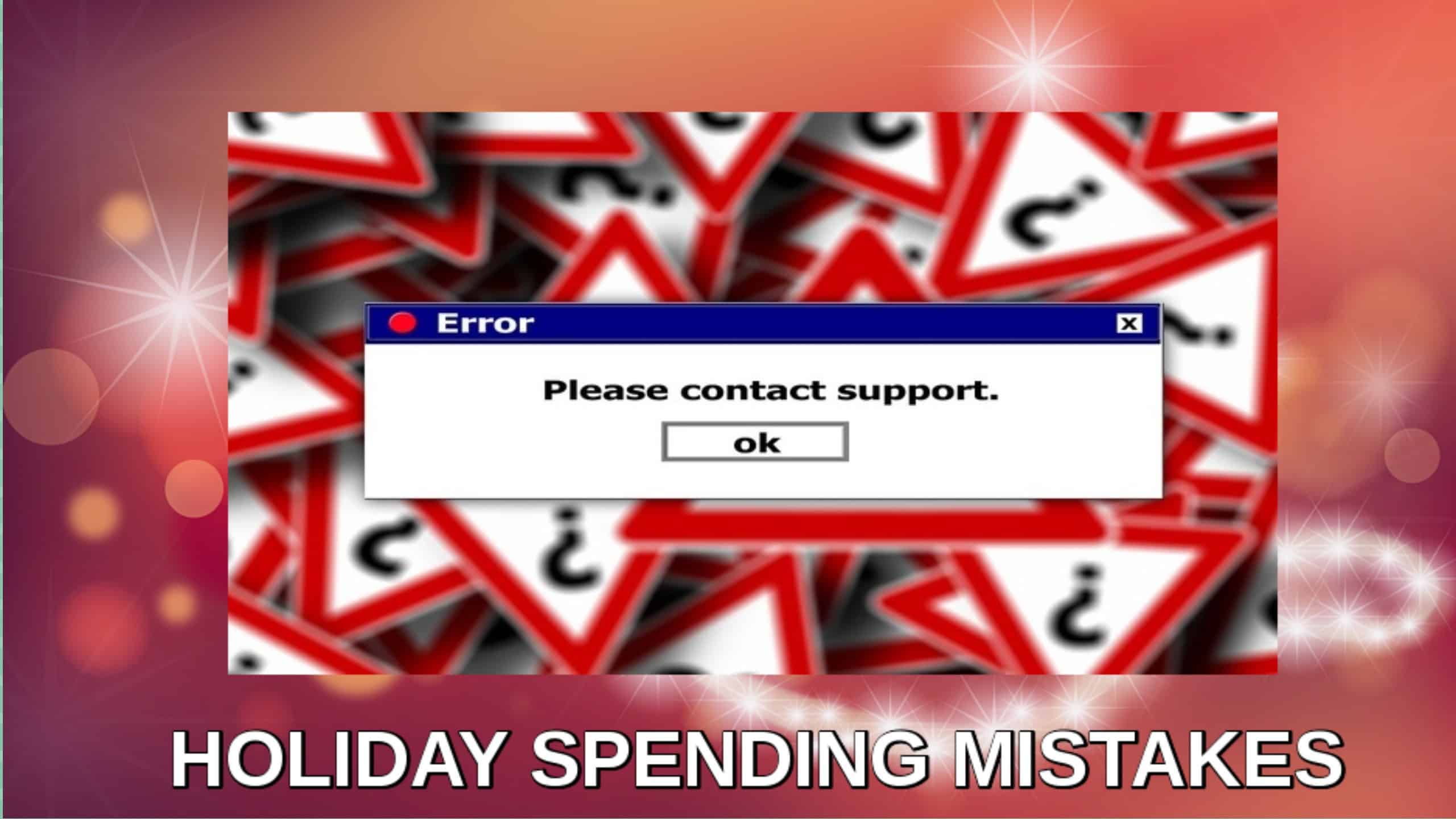

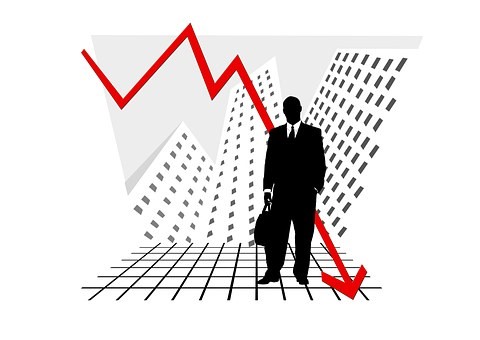
 Co-sign credit card meaning: Introduction
Co-sign credit card meaning: Introduction